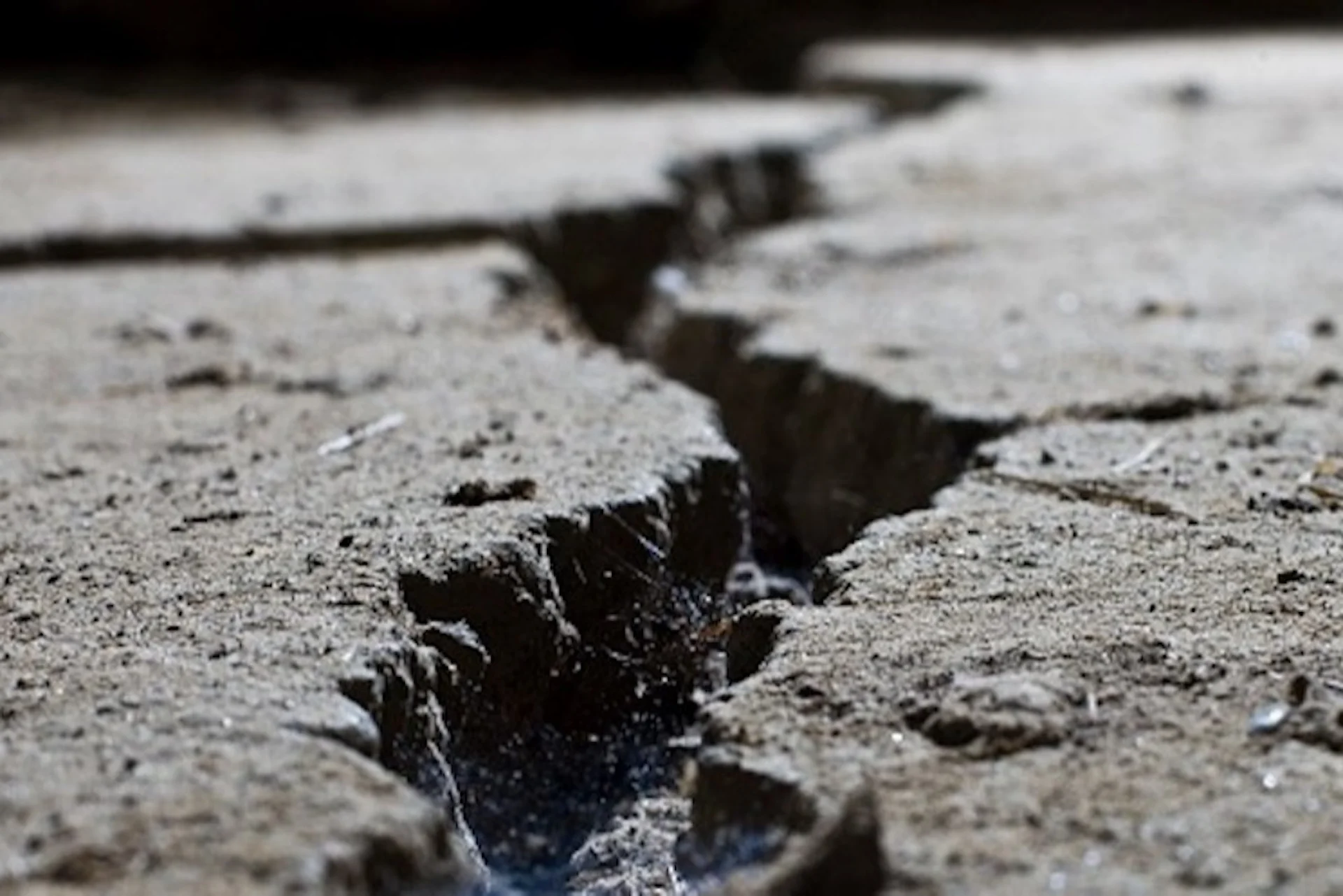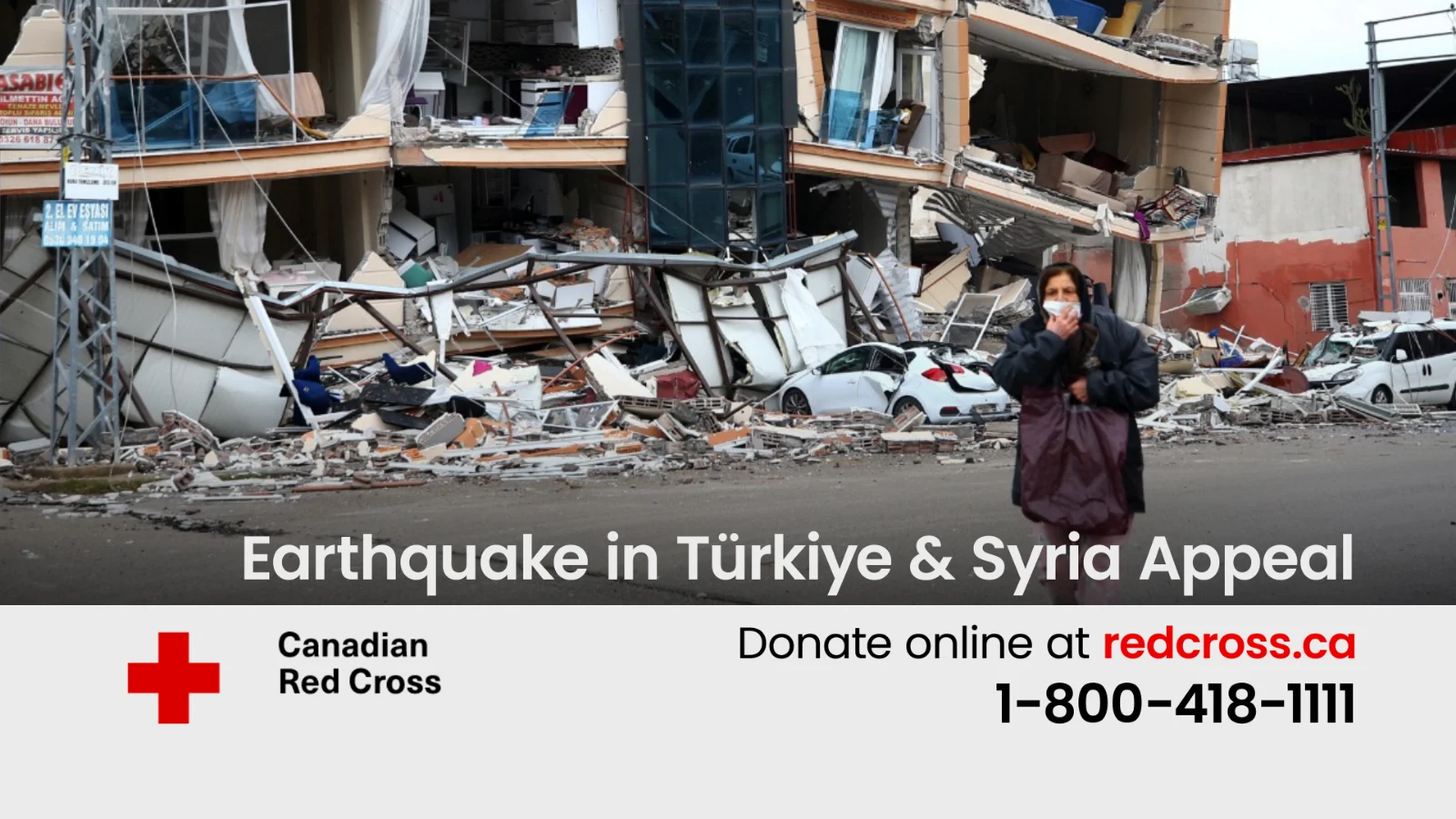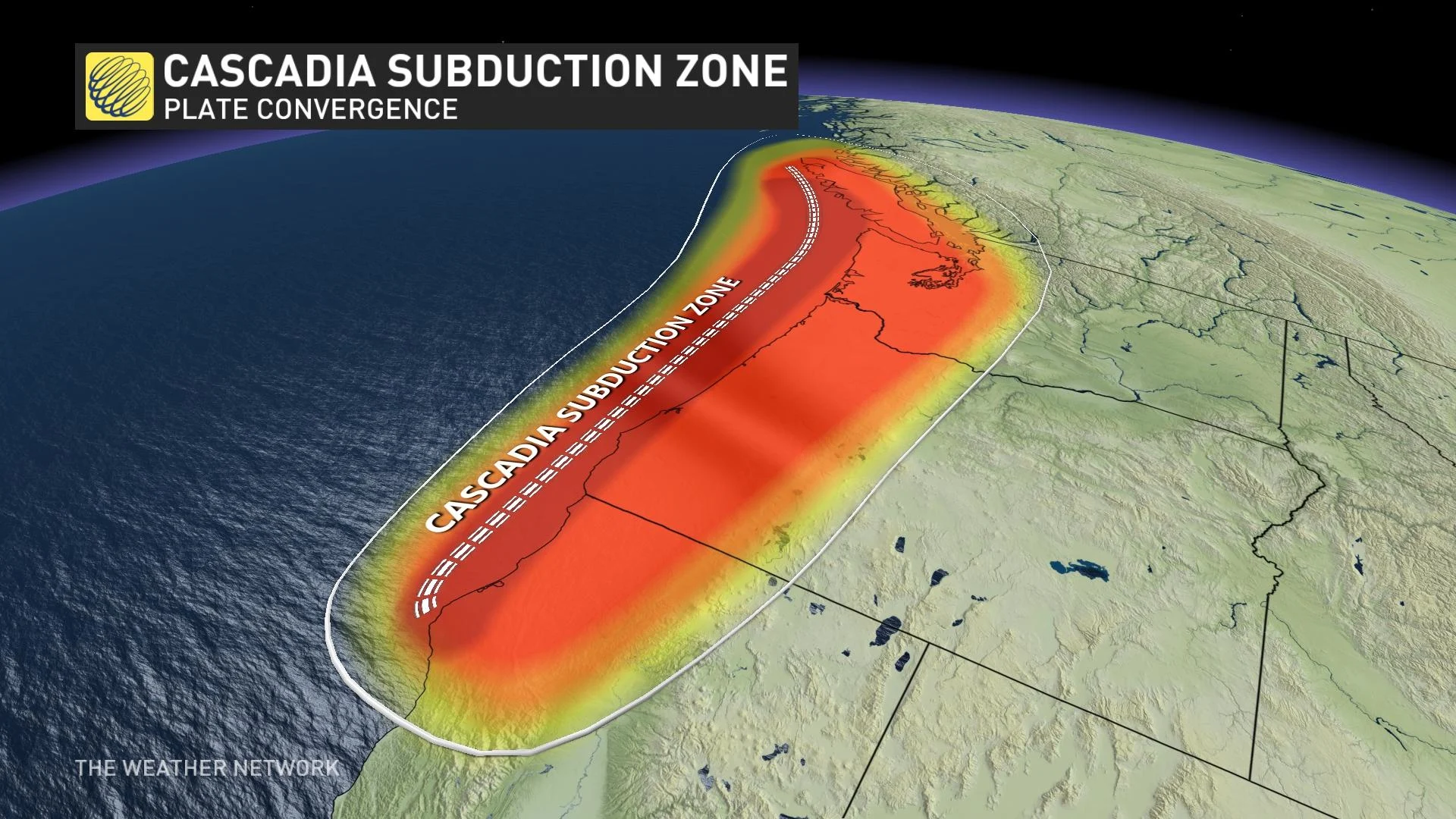
Is Canada prone to a devastating earthquake? Answer isn't so simple
The major earthquakes in Turkey and Syria last month caused catastrophic damage and fatalities, so we asked an expert if events of these magnitudes could occur in Canada
Canada is certainly not immune to earthquakes, but what are the chances of deadly events on the magnitudes of the Turkey-Syria tremors occurring here?
The earthquakes in early February 2023 caused catastrophic damage, pegged at more than $100 billion in Turkey alone, and massive fatalities, which have since risen to more than 52,000. It's natural to then ponder about the potential of disastrous and deadly tremors in Canada in the future.
SEE ALSO: Turkey earthquake damage set to exceed $100 billion: UN agency
Mark Robinson, meteorologist and Storm Hunter at The Weather Network, spoke with Tiegan Hobbs, research scientist with the Geological Survey of Canada (GSC) -- the national organization for geoscientific information and research -- to get the answer.

Because earthquakes aren't as high of seismic hazards in Canada as they are in Turkey, we don't expect to get the same frequency or severity of tremors, Hobbs said.
"Here in Canada, it's a little bit different. We've got the Cascadia subduction zone on the West Coast and then [we] can also get what we think of as shallow, crustal earthquakes," said Hobbs.
The shallow earthquakes happen where the surface of the Earth is "just crushing around," she added. These tremors occur in Eastern Canada, in a zone stretching from the Great Lakes to the St. Lawrence River, which includes major cities like Toronto, Hamilton, Ottawa, Montréal and Québec City.
The good news for Eastern Canada is these kinds of earthquakes are unable to register on a large-scale magnitude such as an 8 or 9, which happen in the Cascadia subduction zone, Hobbs noted.

The largest earthquake recorded in Eastern Canada was the Nov. 18, 1929 (7.2 magnitude) event off the Grand Banks of Newfoundland. Twenty-eight people perished after a tsunami rushed ashore.
"You really don't want them happening near a city, which, as we saw in Turkey, was a shallow, crustal earthquake that was quite big for [that type of tremor]," said Hobbs. "It happened near a populated centre and that's why it was such a devastating sequence of events."
Although there have been several large earthquakes in Canada, some occur in incredibly remote regions with no threat to life. Injuries, damage and the risk of deaths increase along the B.C. coast, however, with the hazard of a tsunami near the top of the list.

Certain buildings don't hold up against earthquakes
The bigger the population and the more infrastructure a community has, the higher the risk of a disastrous earthquake, Hobbs stated.
Bricks, or unreinforced masonry as they're categorized as, are examples of the types of infrastructure that won't offer much protection during a tremor. A wood building, on the other hand, tends to be a "really good performer" during earthquakes, she explained.
"[It is] pretty flexible, so [when there] is shaking, the building can shake and that's just fine. A lot of our wood buildings are maybe one, two or three storeys, so you're not going to have some of the effects you have to worry about when you have high-rise buildings," said Hobbs.

(Getty Images)
While Canadians aren't as likely to experience catastrophic earthquakes, such as the ones that occurred in Turkey and Syria last month, it's always good to be prepared. This includes having an emergency kit, creating and reviewing an evacuation/earthquake plan, and practise dropping, covering and holding in a safe place.
Thumbnail courtesy of Getty Images.
With files from Tyler Hamilton, a meteorologist at The Weather Network.
Follow Nathan Howes on Twitter.
